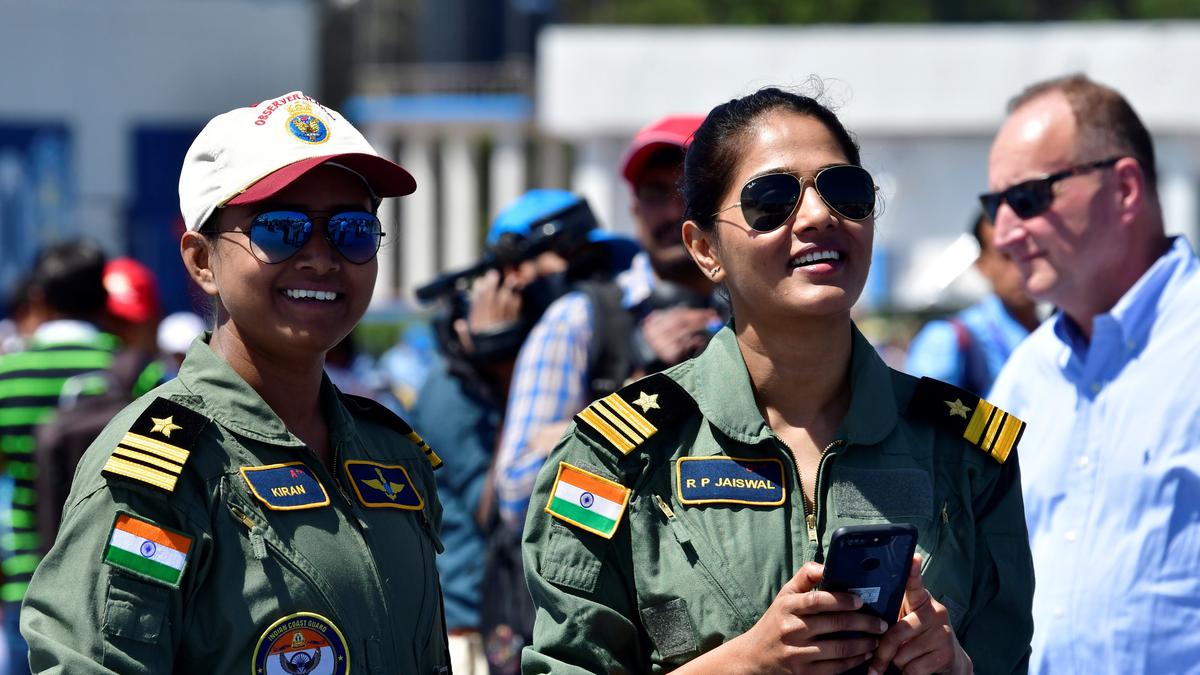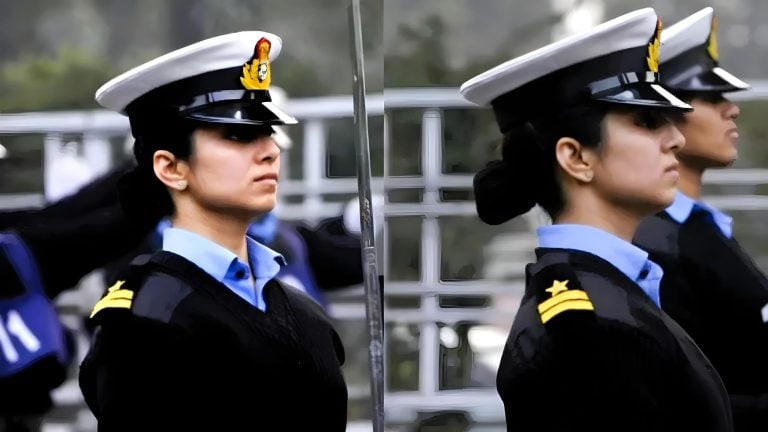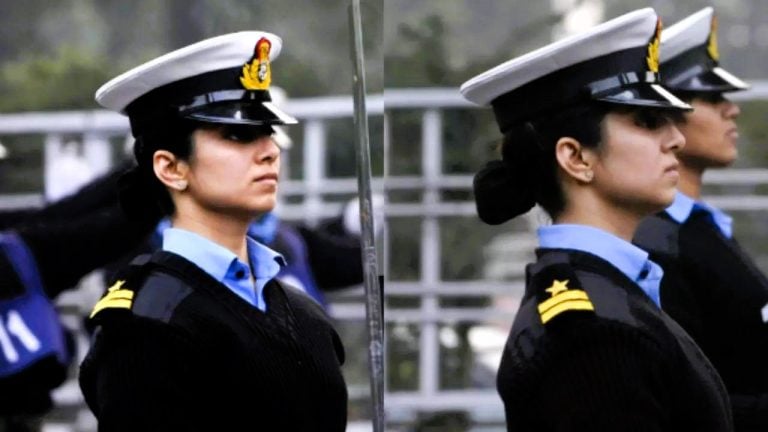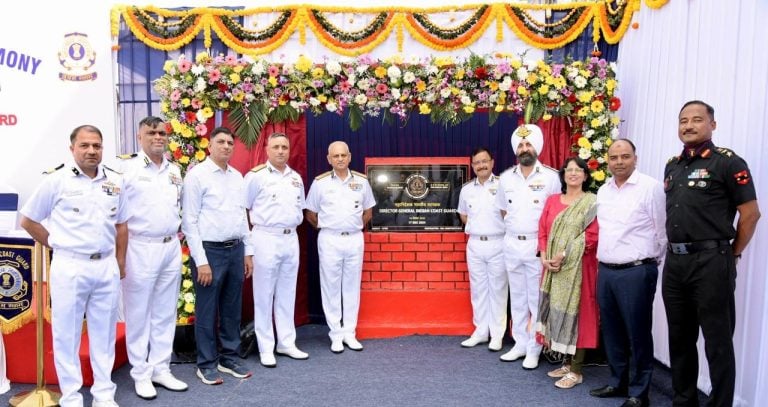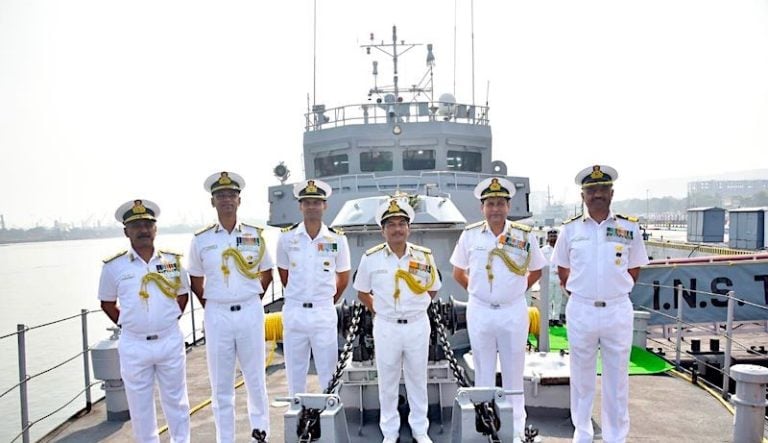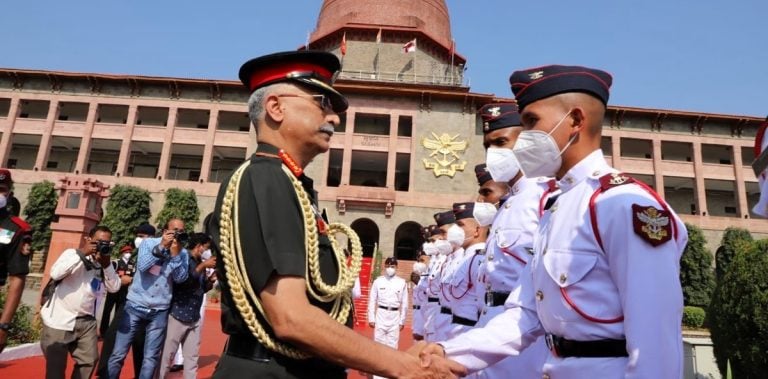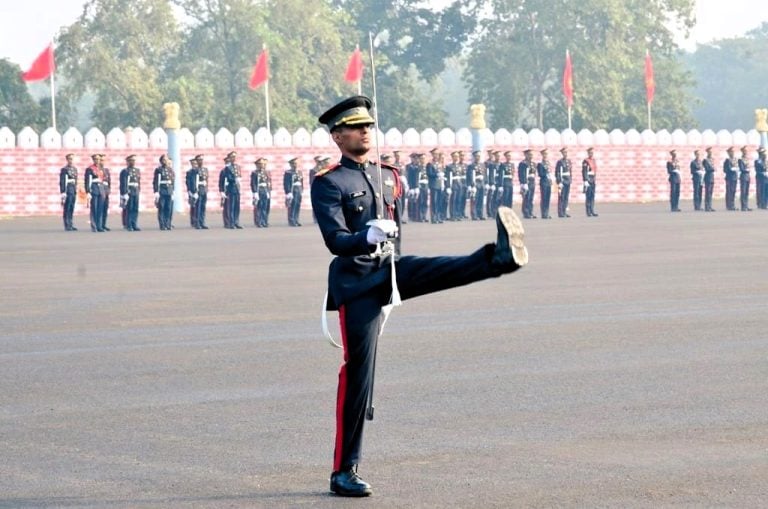The Indian Coast Guard (ICG) has long been a cornerstone in the safeguarding of India’s maritime interests since its establishment on February 1, 1977. Initially formed under the Coast Guard Act of 1978, the ICG commenced operations with a modest fleet consisting of only seven vessels, comprising two naval frigates and five patrol boats. Today, it has transformed into one of the largest coast guards globally, with an operational fleet of over 156 ships and 70 aircraft.
The ICG’s principal mission is to ensure safety and security across India’s expansive maritime zones, which includes protecting the coastline from illegal activities like smuggling and human trafficking, as well as conducting search and rescue missions during emergencies. Its multifaceted responsibilities encompass maritime law enforcement, environmental protection against marine pollution, and disaster response to safeguard fishermen and vessels at sea.
At the heart of the ICG’s ethos is its motto, “Vayam Rakshamah,” which translates to “We Protect.” This powerful slogan underscores the dedication of its personnel towards safeguarding the nation’s maritime interests and reflects India’s rich cultural heritage through the use of Sanskrit.
Collaboration is a key aspect of the ICG’s operations. The organization works closely with various national agencies, including the Indian Navy and the Department of Fisheries, as well as international partners to enhance maritime security. The ICG regularly engages in joint exercises with foreign countries, which aids in improving interoperability, and has established coordination with maritime agencies of neighboring nations to combat transnational maritime crimes effectively.
The operational structure of the ICG operates under the Ministry of Defence and is led by the Director-General, supported by Deputy Inspector Generals and Commandants. This hierarchical setup facilitates effective command and control over different coastal regions and enhances operational efficiency.
Technological advancements have played a significant role in the evolution of the ICG. The adoption of sophisticated surveillance systems includes satellite technology and aerial reconnaissance, which bolster the monitoring of maritime activities. The introduction of modern vessels has also significantly upgraded the force’s operational capacities, allowing for diverse missions ranging from anti-piracy operations to environmental conservation.
Moreover, the ICG has made substantial contributions to supporting coastal communities, especially fishermen who depend on the sea for their livelihoods. The organization conducts regular safety drills and offers assistance during emergencies, emphasizing the importance of safety awareness among fishermen through various educational programs.
Every year, February 1 is celebrated as Indian Coast Guard Day, a tribute to the dedication and bravery of its personnel. The day features a range of events, including parades and exhibitions that highlight the ICG’s role in national security. Flag hoisting ceremonies and public engagement initiatives serve to educate citizens on the vital responsibilities undertaken by the Coast Guard.
In summary, the Indian Coast Guard stands as a crucial entity within India’s maritime security infrastructure. Evolving from its early days to become a technologically advanced and robust force, the ICG continues to demonstrate an unwavering commitment to the protection of the nation’s maritime zones. As the appreciation for its contributions grows, so does recognition for the valor and dedication of the men and women serving in this essential organization.
